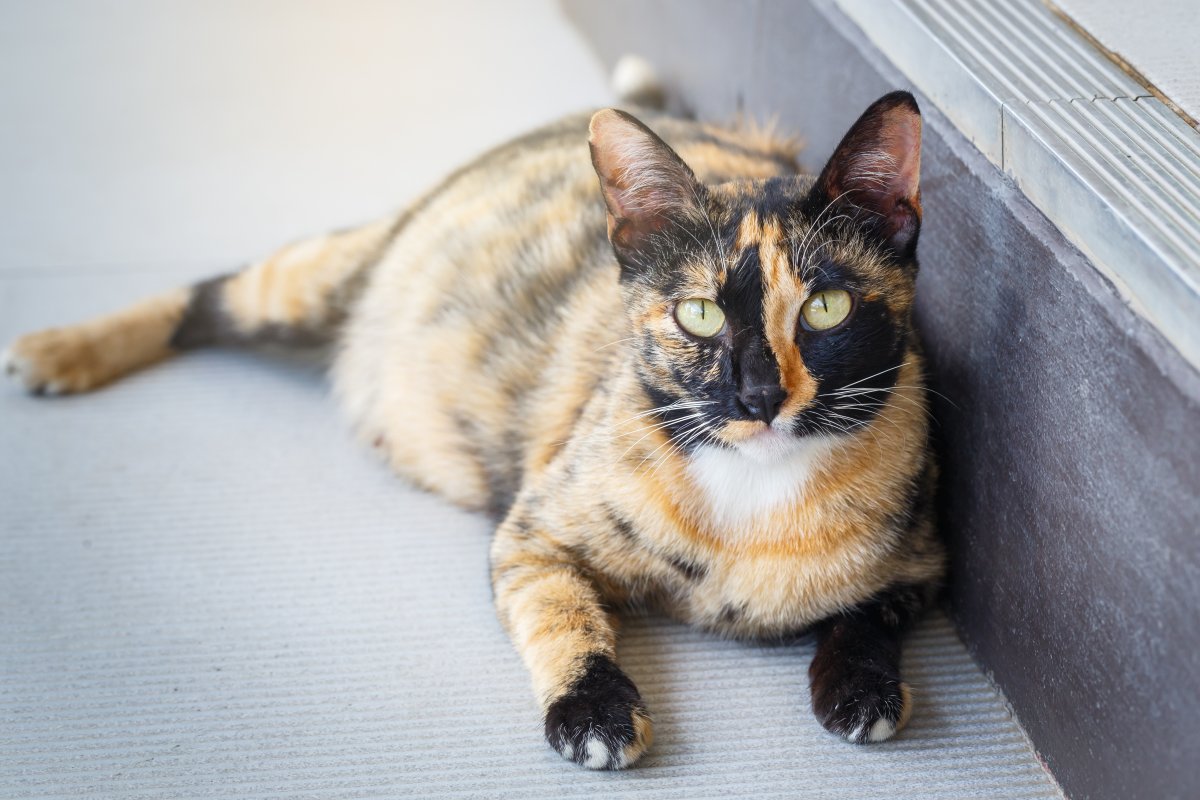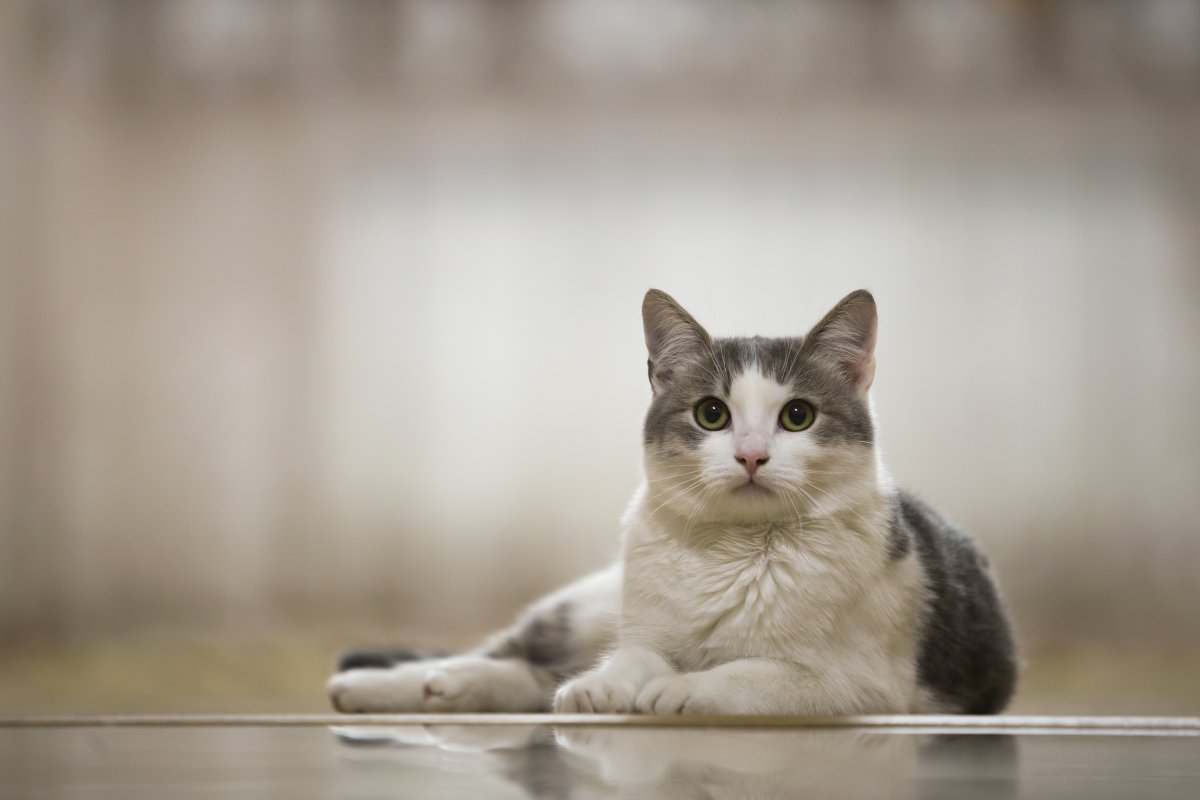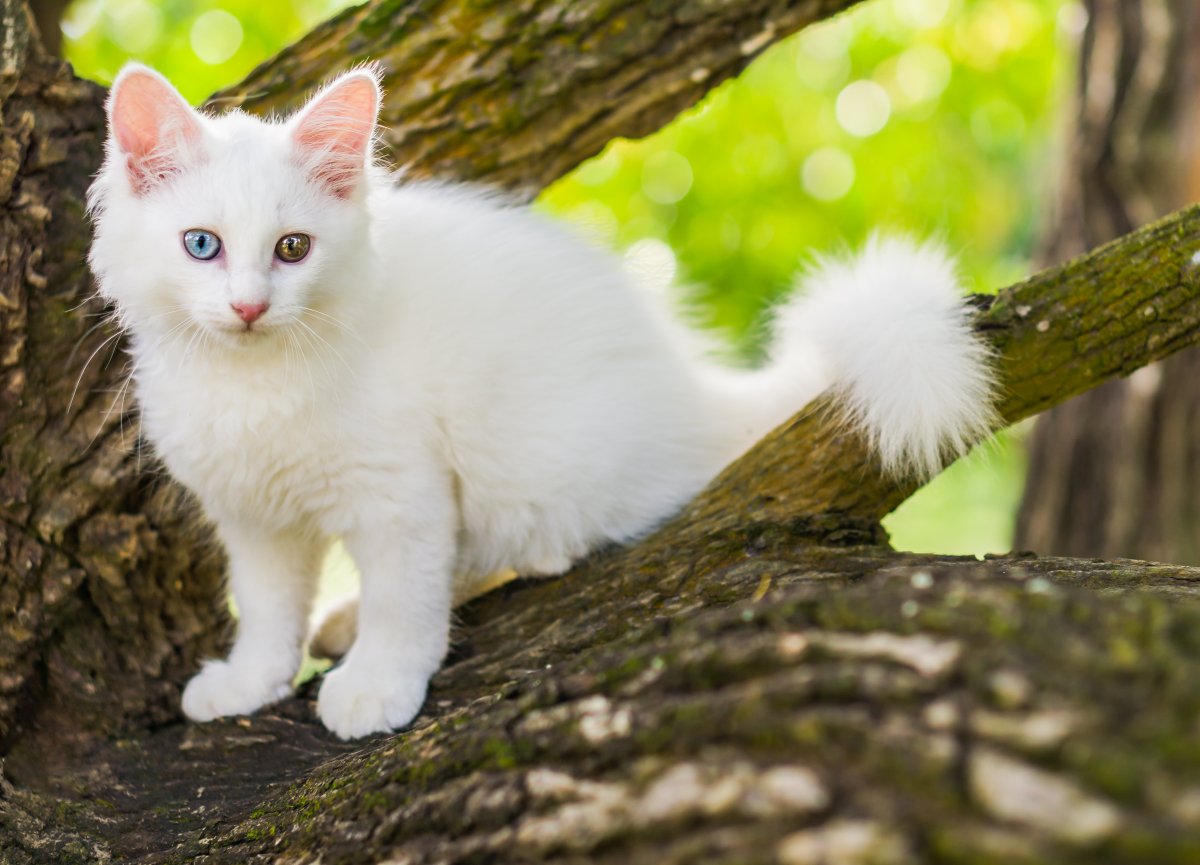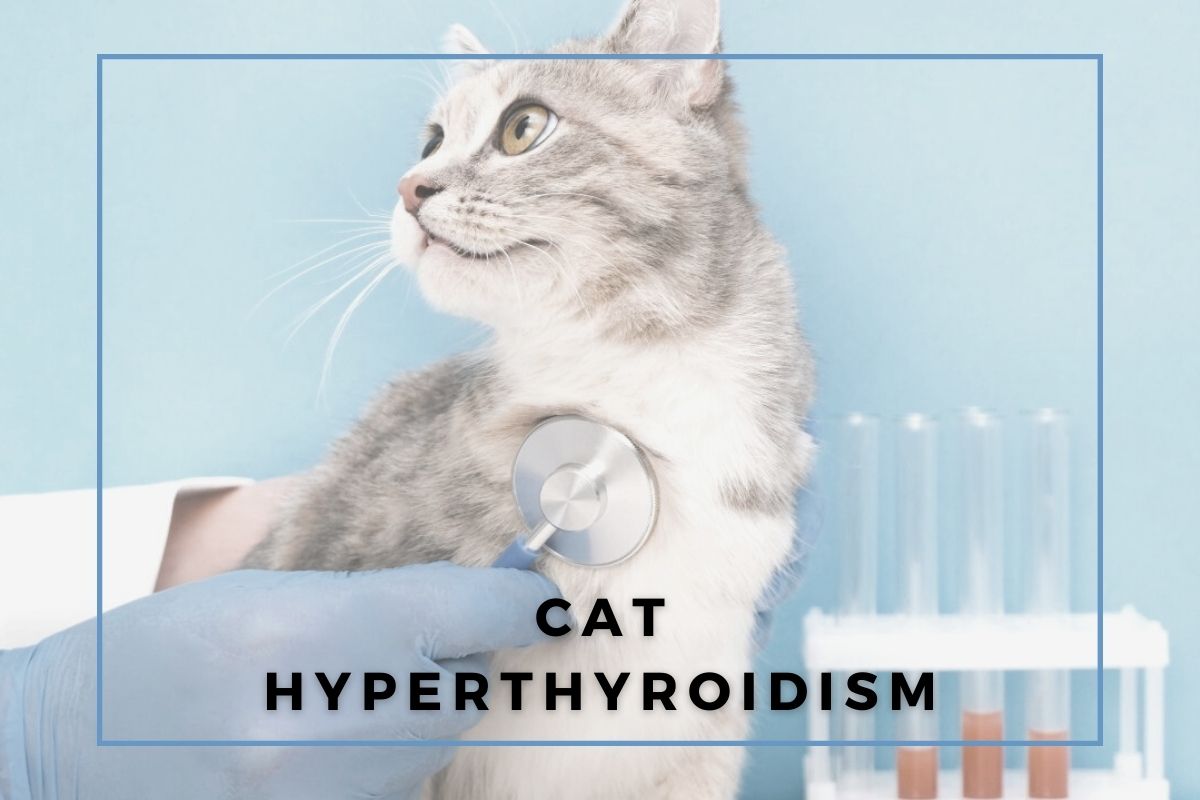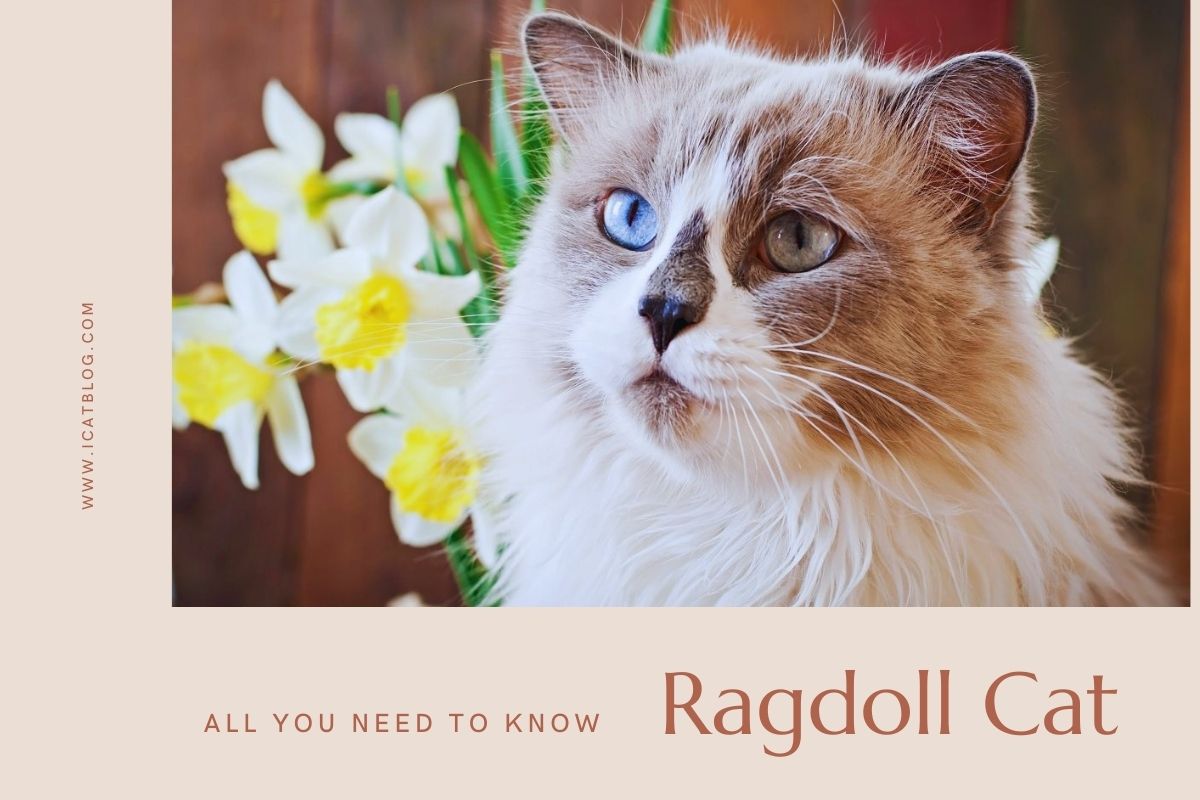Do you think that your majestic pet cat is pregnant? If so, you need to take extra care of your beloved pet. Pregnancy in cats requires you to give them extra care and attention, and your cat can be sensitive and more difficult to handle during this period.
However, you should understand that becoming a mother, particularly to a litter of kittens, is not easy at all! Whether physiological or behavioral changes, our guide will help you navigate the tricky world of pregnancy in cats.
How to tell if a cat is pregnant
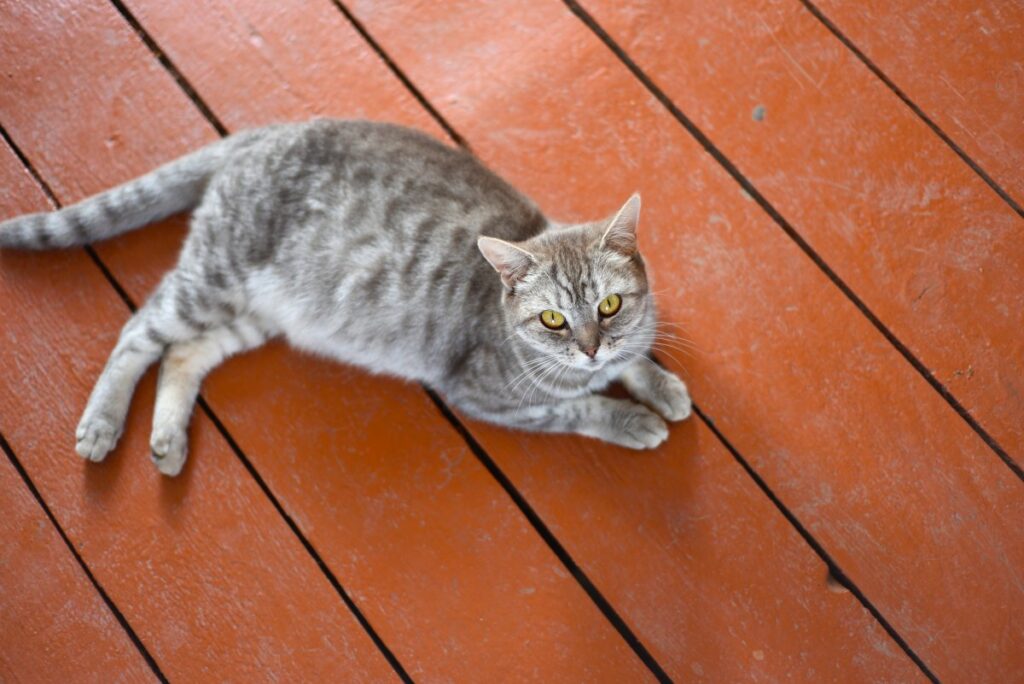
There are numerous signs of observing pregnancy in cats. While you could visit your vet and get a thorough check-up done, there are some signs that you can use to tell if your cat is pregnant. Do you want to know how long cats are pregnant? Pregnancy in cats can last for a minimum of 61 days to a maximum of 72 days.
The normal cat gestation period is 63-67 days. However, your cat will not display physical signs till they are about 15 days into the pregnancy. The earliest sign of pregnancy in cats is that their nipples will be pink and sore. A female cat’s stomach will also swell. However, we would not recommend pressing on the stomach or feeling it since you could unwittingly end up hurting the kittens.
Like human beings, pregnancy in cats also brings with it morning sickness. You may notice your pregnant cat is lazy and ends up vomiting every morning. This is a common sign of pregnancy in cats. However, if you think the sickness is getting a bit extreme, consult your vet regarding the medication you could administer to your cat to help ease the symptoms.
What to do during cat labor
Pregnancy in cats ultimately culminates in labor, as is expected. Signs you can observe before your cat is in labor are that its body temperature may drop slightly, and it becomes more vocal than it normally is. We recommend that you buy a large enough litter box where your cat has plenty of room to give birth.
Normal cat litters can contain up to 8 kittens, so the more space, the better. Place the litter in a slightly warm place in your house, with dim lighting if possible. Even though they have been tamed, our feline friends are used to giving birth in the wild.
This means that, unlike human beings, cat labor does not require us to intervene too much. Right before your cat’s labor starts, there will be a discharge from inside her. This shows that the kittens are approaching fast—however, a word of caution. If the discharge has any blood in it, we would recommend calling a vet since this could be a sign of a serious problem.
What they should eat
Pregnancy in cats increases their nutritional needs exponentially. It is natural: a pregnant feline is not just eating to nourish itself but to nourish the entire litter it is carrying in its womb. During pregnancy in cats, your feline friend also needs extra vitamins and minerals.
You can ask your vet if your pet needs to take extra supplements, but the most likely thing your doctor will recommend is that you use kitten food for they contain extra nutrients that normal cat food does not. Since your cat can be seen to gain 1-2 kilograms while pregnant, it will eat more than normal as well. It would be best if you took special care to ensure that your feline friend is hydrated properly so that she remains fit and healthy.
Visits to the vet
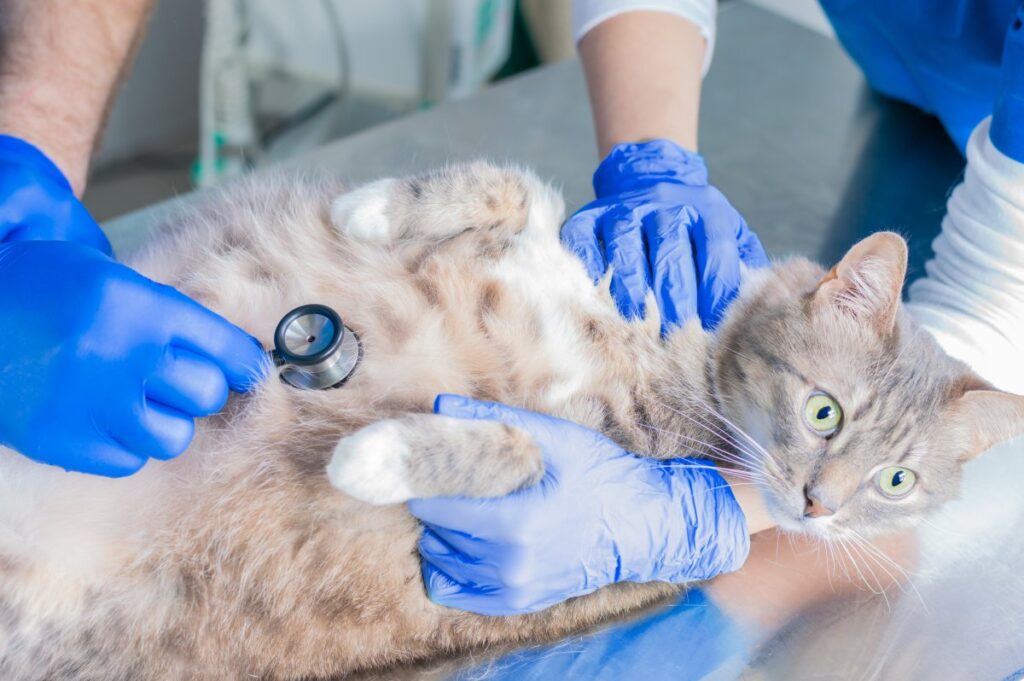
Like human beings, pregnancy in a cat requires regular visits to the vet as well. The vet is a professional who will ensure that everything is going smoothly with your cat. For instance, near the 40th day, the vet may tell you how many kittens you should expect, which will help you prepare better. Moreover, if there are any deficiencies in your cat, he could recommend the necessary medicines if there are any common complications in the pregnancy. If there are, you might want your cat to give birth in the clinic rather than at home to prevent any issues.
Tips for caring about your cat
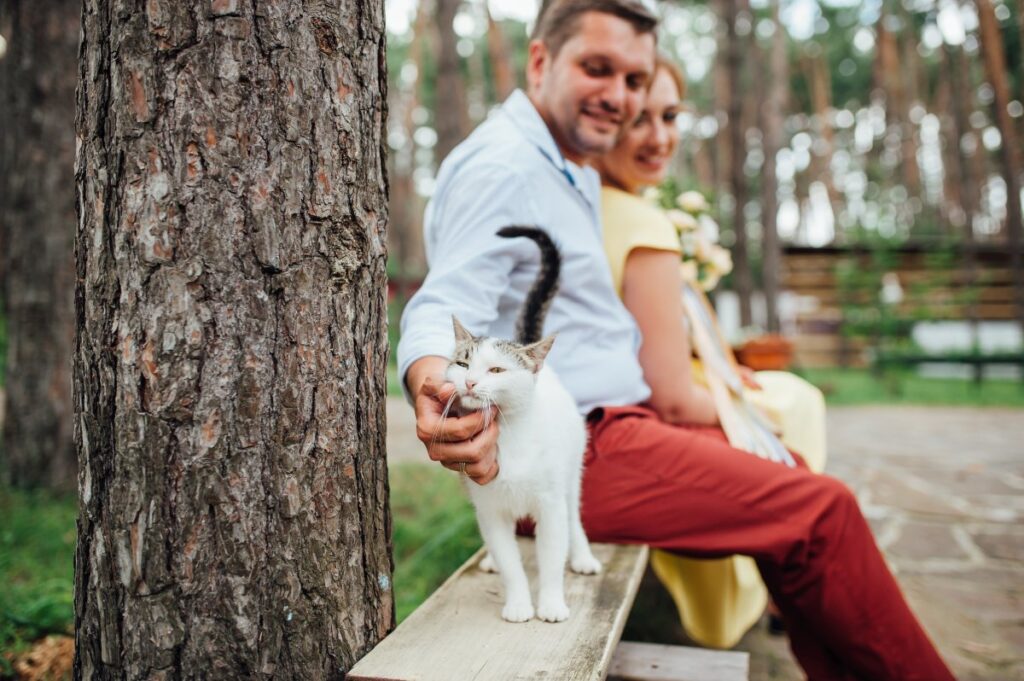
Pregnancy in cats requires you to give them more care and attention than normal. Your cat may meow more or make more sounds during pregnancy, which could be a call for attention from them, so do spend some time with your pregnant feline.
We would also recommend keeping your pet cat engaged in light exercise to make the labor process easier. However, try not to engage in extreme sports since this could injure your pregnant cat.
After the birth
Visits to the vet should continue even after pregnancy in cats has ended. This is because a new mother and her tiny little kittens require expert care during the first few days. It is essential to visit the vet 1-2 days before your cat giving birth. Your vet will conduct a thorough examination of both the mother and the kids to ensure that all is well.
Should you neuter your cat?
If you are not a professional cat breeder, we suggest getting your cat neutered as soon as you obtain it. The neutering process will prevent pregnancy in cats. As you will have gathered after reading our guide, pregnancy in the cat is not easy.
It requires you to give extra time, care, and attention to your pet, and many people do not have the time or the money to do so. More importantly, it is not easy to raise an entire litter of kittens, and finding suitable homes to give them to will also require research. If you feel as if you do not have the time for this, consider neutering.
We hope that our guide on pregnancy in cats has proven helpful for you. If you are a new cat owner, pregnancy in cats can be a tricky world to navigate, and our guide is meant to take you through all the basics.

